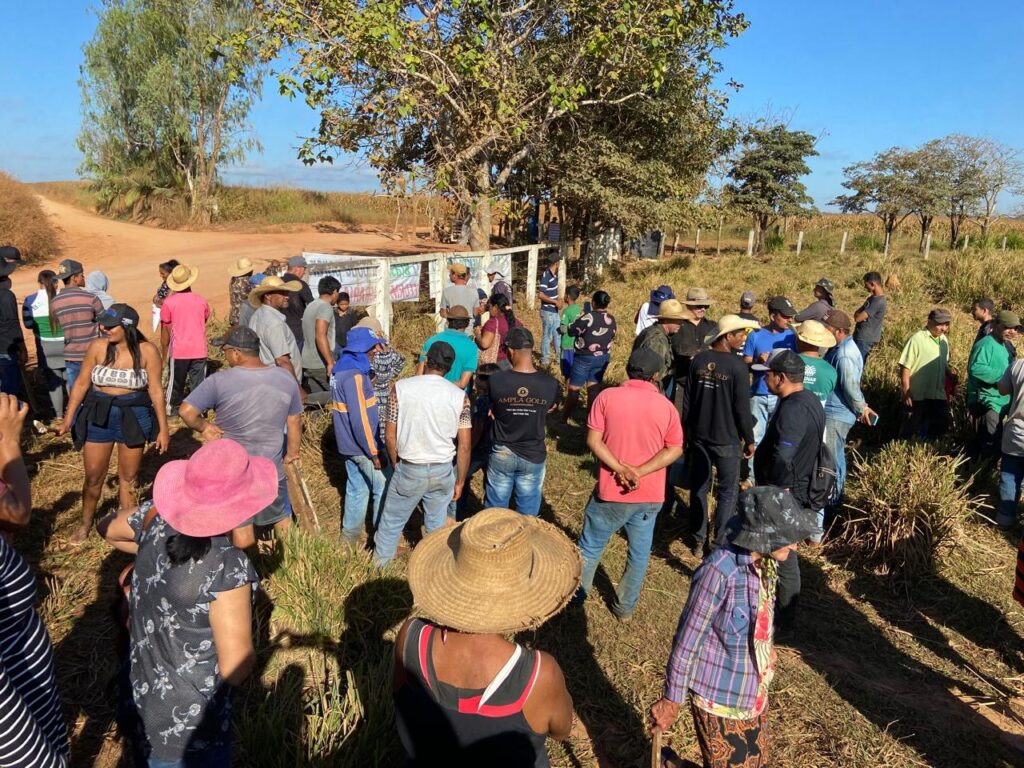Posicionamento Rainforest
Repórter Brasil: What are the criteria used by Rainforest to certify a company that is included in the list of slave labor?
The Rainforest Alliance does not certify companies, rather we certify farms and plantations that comply with the requirements set forth in the Rainforest Alliance Sustainable Agriculture Standard. Through local, authorized certification bodies, we audit conditions on farms and if those farms meet the rigorous requirements of our standard, they are awarded certification. Principal 4 in the standard (Improved Livelihoods and Human Wellbeing) includes a critical criterion prohibiting all forms of forced, compulsory, or slave labor including use of trafficked and bonded labor, labor by prisoners or soldiers, or the use of extortion, debt, threats, monetary fines or penalties. This requirement is in accordance with convention No. 29 of the ILO Forced Labor Convention.
– What is the conduct taken by Rainforest after being informed by Imaflora’s posture? Did Rainforest request the exchange of the certifier?
Authorized certification bodies are free to offer their services to any farm applying for Rainforest Alliance certification. They are also free to decide when they do not wish to provide services. Clients are also free to request to be audited by another certification body, which was the case in this particular situation. The Rainforest Alliance did not request the change.
– Rainforest’s own portal is informed that the Rainforest Alliance Sustainable Agriculture Standard is the basis for certification, but is complemented by the Certification Rules and Policies on Pest Management and “for certain countries and topics, additional policies have been developed as needed”. The list is an important Brazilian instrument to combat slave labor. Does Rainforest consider considering it for company certifications in Brazil?
The Rainforest Alliance standard, as well as its rules and policies, apply to the 50+ countries where we have certified farms.
Are there other Brazilian companies that are included in the list of slave labor and are certified by Rainforest?
The Rainforest Alliance does not certify companies, we certify farms that adhere to our standards. Each farm is held responsible for its own performance and is audited on an annual basis. To our knowledge, there are no other companies we work with that were included on this list.
– Although the farm for which Cutrale was notified for slave labor is not the same farm that received Rainforest certification, the company generally integrates the “dirty soil” of slave labor in Brazil. The “dirty soil” is an instrument to demand changes in Brazilian companies. Given that Rainforest values human conditions, is there not a discrepancy between the certification of the Cutrale farms and the fact that Cutrale, generally, is part of the list?
We do realize the importance of the list and agree it can be a valuable tool to drive positive change. As you can see in this white paper about the UK Modern Slavery Act, the Rainforest Alliance has long supported efforts to eradicate slave labor from supply chains.
Our agriculture certification program is focused on best practices on the farm level. Worker’s rights and well-being is of course of the utmost importance, which is why it’s such an important part of our standard. In the 30+ years the Rainforest Alliance has worked in agriculture certification, we have seen great changes in farming practices in some of the most vulnerable parts of the world. In our experience, most farms and producers that come into certification want to stay in the system and work hard to improve their practices. The fact that this company now has a certified farm means that change is possible – it is our hope they can use this farm as a model for bringing the rest of their farms into compliance.
We state often that certification of itself cannot solve any country’s entrenched socioeconomic problems – systemic issues can only be effectively remedied through sustained engagement and cooperation among all relevant actors including NGO’s, companies, governments and producers. The RainforestAlliance remains committed to driving positive and sustainable change in the fruit sector.

